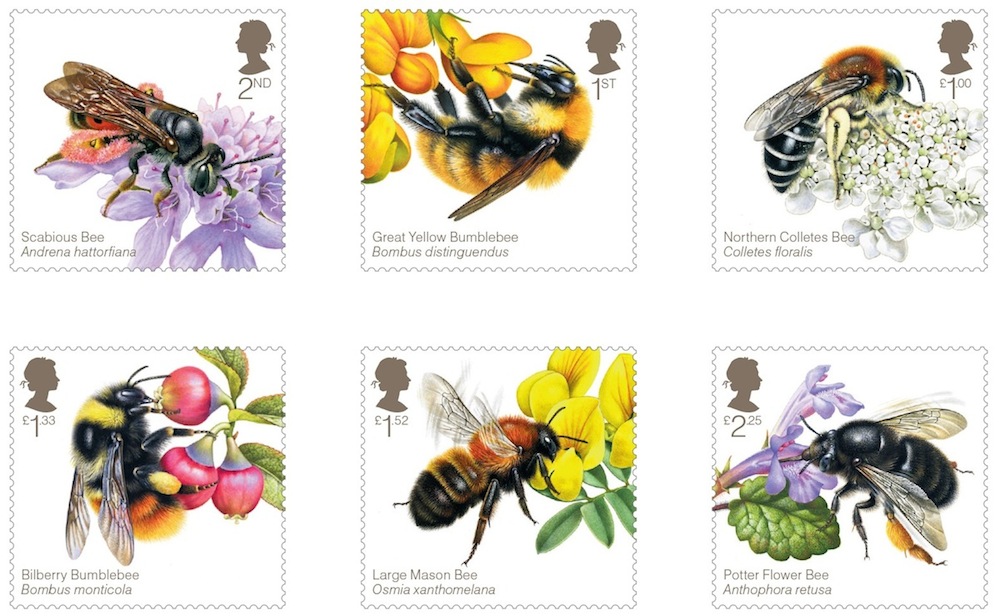The decline of pollinators worldwide is of growing concern and has been related to the use of plant protecting chemicals. Most studies have focused on three neonicotinoid insecticides, clothianidin, imidacloprid and thiamethoxam, currently subject to a moratorium in the EU. Here we focus on thiacloprid, a widely used cyano-substituted neonicotinoid thought to be less toxic to honey bees and of which use has increased in the last years. Honey bees (Apis mellifera carnica) were exposed chronically to thiacloprid in the field for several weeks at a sublethal concentration. Foraging behavior, homing success, navigation performance, and social communication were impaired, and thiacloprid residue levels increased both in the foragers and the nest mates over time. For the first time, we present the necessary data for the risk evaluation of thiacloprid taken up chronically by honey bees in field conditions.
Source:
Inaugural-Dissertation to obtain the academic degree Doctor rerum naturalium (Dr. rer. Nat.) Submitted to the Department of Biology, Chemistry, and Pharmacy Of Freie Universität Berlin by LÉA TISON from Bordeaux, France, December 2016 (attached)

- Login om te reageren
